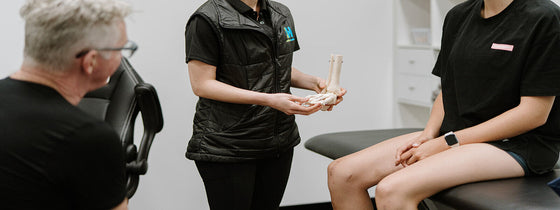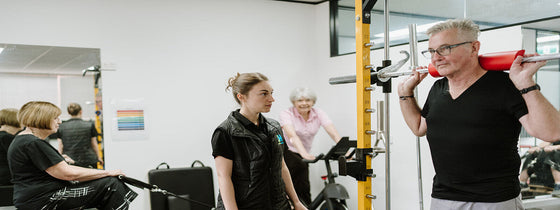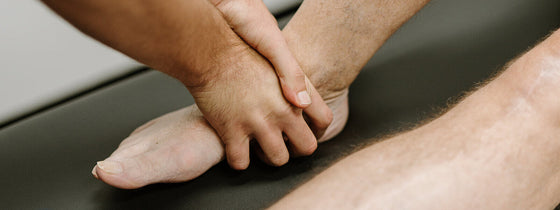With over 90% of Australians owning a smartphone, tablet or computer, Telehealth is an amazing reality we can all benefit from, especially in this complex time.
Healthcare has not escaped this trend of increasing convenience and ease by using technology, and the Optimal Health Lab is no different. We have been offering online appointment booking and SMS reminders to make the clients’ lives easier and reduce no-shows.
Telehealth physiotherapy consultations via video calls are on the rise too, with a growing number of clinical studies confirming that tele-rehabilitation consultations can be as effective and in some cases more effective than in-clinic consultations alone.
A telehealth session includes a thorough subjective assessment where you will explain your injury/concern to us and we will ask you specific questions to determine how we can best help you. (just like in a face to face consultation)
A physical assessment and clinical tests (that we can ask you to do and observe via video) specific to your injury to give us the information needed to provide you with an accurate diagnosis of your injury/concern.
You will then be given step by step advice on how to manage your injury, which can include learning about the cause of your condition, movements or activities to avoid which may aggravate your condition, and a comprehensive home based rehabilitation/exercise program to assist your recovery.
Given the current COVID-19 pandemic in Australia tele-rehab makes complete sense. But it’s not just patients living remotely who benefit from tele-rehab consultations: patients whose conditions don’t allow them to travel or busy executives in a CBD office (or overseas for work) can all benefit from physiotherapy delivered via Telehealth.
If you or someone you know would like to utillise this service to maintain good health during this time please book online or email admin@optimalhealthlab.com.au and we will be in contact with you to arrange this.

If you're experiencing back or neck pain with neurological signs and symptoms, a thorough neurological examination is crucial for accurate assessment and effective treatment. In this Optimal Tip learn more about what we mean by completing a neurological exam!

Squats, deadlifts, and calf raises are key movement patterns that should be part of every strength and conditioning program—regardless of age and activity level. These functional movements support joint health, improve posture and balance, and reduce the risk of injury while building strength where it matters most.

A ganglion cyst is a fluid-filled swelling that typically forms over a joint or tendon sheath, causing discomfort and pain, especially when pressing against nerves or joints. Proper assessment and treatment, including physiotherapy, are essential for managing symptoms and improving function in the presence of a ganglion in your hand, foot, or wrist.